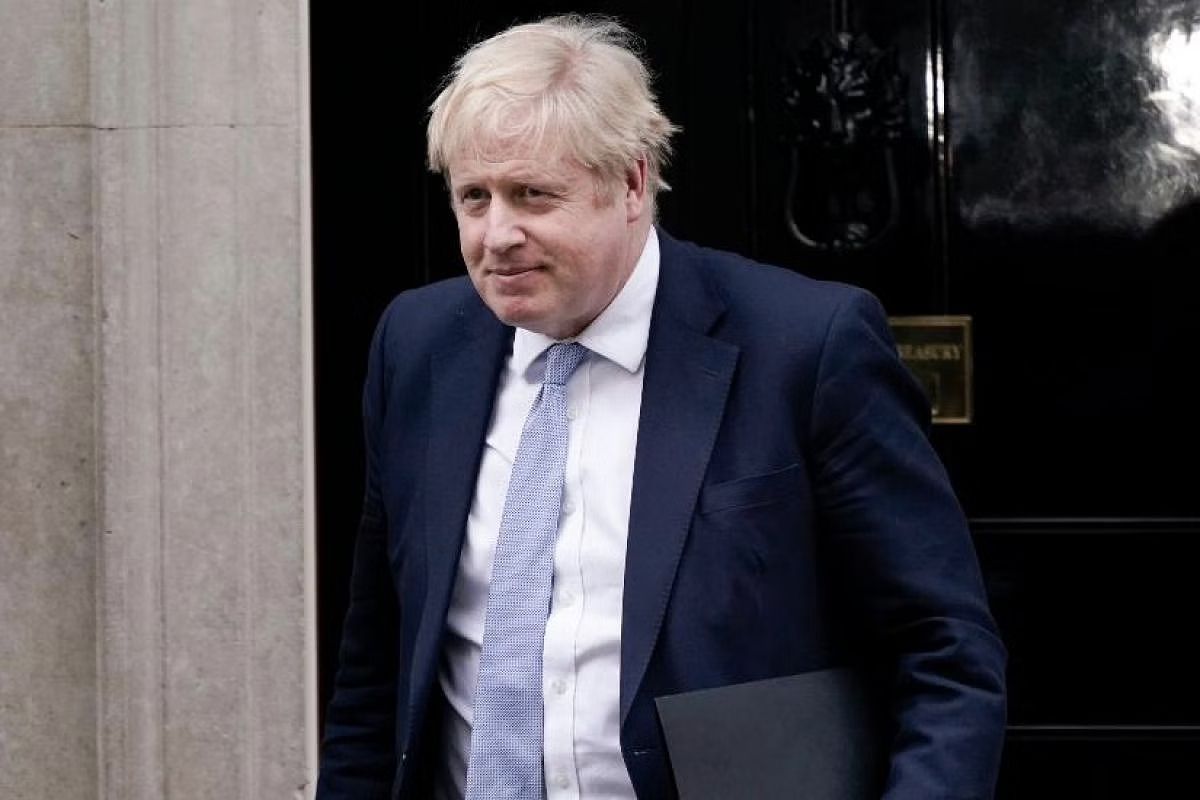Prime Minister of the United Kingdom and leader of the Conservative Party, Alexander Boris de Pfeffel Johnson, is a British politician After a record number of resignations from his cabinet, he announced his resignation on 7 July 2022, staying in his role until a new leader was chosen. While he served as Mayor of London from 2008 to 2016, he was Secretary of State for Foreign and Commonwealth Affairs from 2016 to 2018. From 2001 until 2008, Johnson served as an MP in Henley, where he served as a member of the House of Commons (MP) from.
Johnson was educated at Eton College and Balliol College, Oxford, where he studied classical literature. When he was a student at Oxford, he was chosen president of the Oxford Union. The Daily Telegraph’s Brussels reporter and political writer from 1989 to 1999, and editor of The Spectator from 1999 to 2005, are two of his most notable accomplishments in the media industry. When he was elected to the House of Commons in 2001, Johnson served as a shadow cabinet member for Conservative leaders Michael Howard and David Cameron. For the first time since his election to the House of Commons in 2007, he served as mayor of London.

On November 7, 2015, Johnson was elected as the MP for Uxbridge and South Ruislip in the general election. Following that, he decided not to run for mayor again. As part of the victorious Vote Leave campaign for Brexit in the 2016 EU membership referendum, he became an important figure. Theresa May nominated him as foreign secretary following the vote; he left the post two years later in protest over the Chequers Agreement and May’s Brexit strategy.
Boris Johnson resigned as head of the Conservative Party on Thursday, setting the way for the nomination of a new Prime Minister after the resignation of dozens of ministers from his scandal-hit cabinet. It is apparent that the parliamentary Conservative Party wants a new leader and a new prime minister,” Mr. Johnson said outside 10 Downing Street. Former Prime Minister Boris Johnson, who has been the target of a wave of resignations from within his own cabinet over the course of the last several months, announced his resignation on Tuesday but said that he would remain in office until a successor is selected.
It’s set to be disclosed next week, he stated after three difficult years of Brexit, the Covid epidemic, and non-stop debate about his reputation for dishonesty in government. According to reports from the BBC and others, a leadership election will be held during the summer, and the winner will assume Johnson’s position by the party’s annual convention in early October. “Sad to be leaving up the finest job in the world” and “justified battling on in the closing hours to fulfill the mandate I won” were his parting words. Leading up to Johnson’s announcement, opposition Labour Party leader Keir Starmer had expressed delight at his imminent resignation.
A no-confidence vote in parliament, which might lead to a general election, was called for by Mr. Starmer, who said that Mr. Johnson was “clinging on for months and months” and that “a true change of administration” was required. On Thursday, Mr. Johnson made many selections to replace the departing cabinet members, even as he was about to leave office. In addition to Greg Clark, an ardent “remainder” who opposed the UK’s departure from the EU, Johnson had championed Greg Clark.
In the face of a tsunami of more than 50 resignations from the cabinet, Johnson held on to power late Wednesday, proclaiming his defiance. It seemed that Thursday’s resignation of Education Minister Michelle Donelan and Nadhim Zahawi’s appeal to resign, just two days into their roles, seemed to sway the balance coupled with Tory MPs’ threats of a fresh no-confidence motion.
Have you heard about the UK? After 40 ministers quit, Boris Johnson said he would resign. pic.twitter.com/nPBqMMkxAZ
— Stooge Report (brain cells matter) (@stooge_report) July 7, 2022
Also Read-
- Tom Cruise Top Gun: Maverick Crosses $1 Billion Collection Worldwide!
- A Larger Hole Found In Ozone Layer Puts Millions of Lives At Risk!
As the fourth cabinet member to quit on Thursday, Northern Ireland minister Brandon Lewis sparked the frenetic events by saying that Mr. Johnson was “beyond the point of no return,” which set the tone for the day. Despite demands from his supporters and cabinet members, Mr. Johnson fired Minister Michael Gove late on Wednesday night, calling his erstwhile Brexit top ally a “snake,” according to a Downing Street source who was quoted in the media.
The Sun tabloid said that Mr. Johnson had informed his colleagues that they would have to “dip (their) hands in blood” in order to remove him from office, but Thursday’s events forced him to make a decision. On Tuesday night, the resignations of Sunak and Javid started off a chain of resignations. Chris Pincher, a veteran Conservative MP, was appointed deputy chief whip in February by Mr. Johnson.